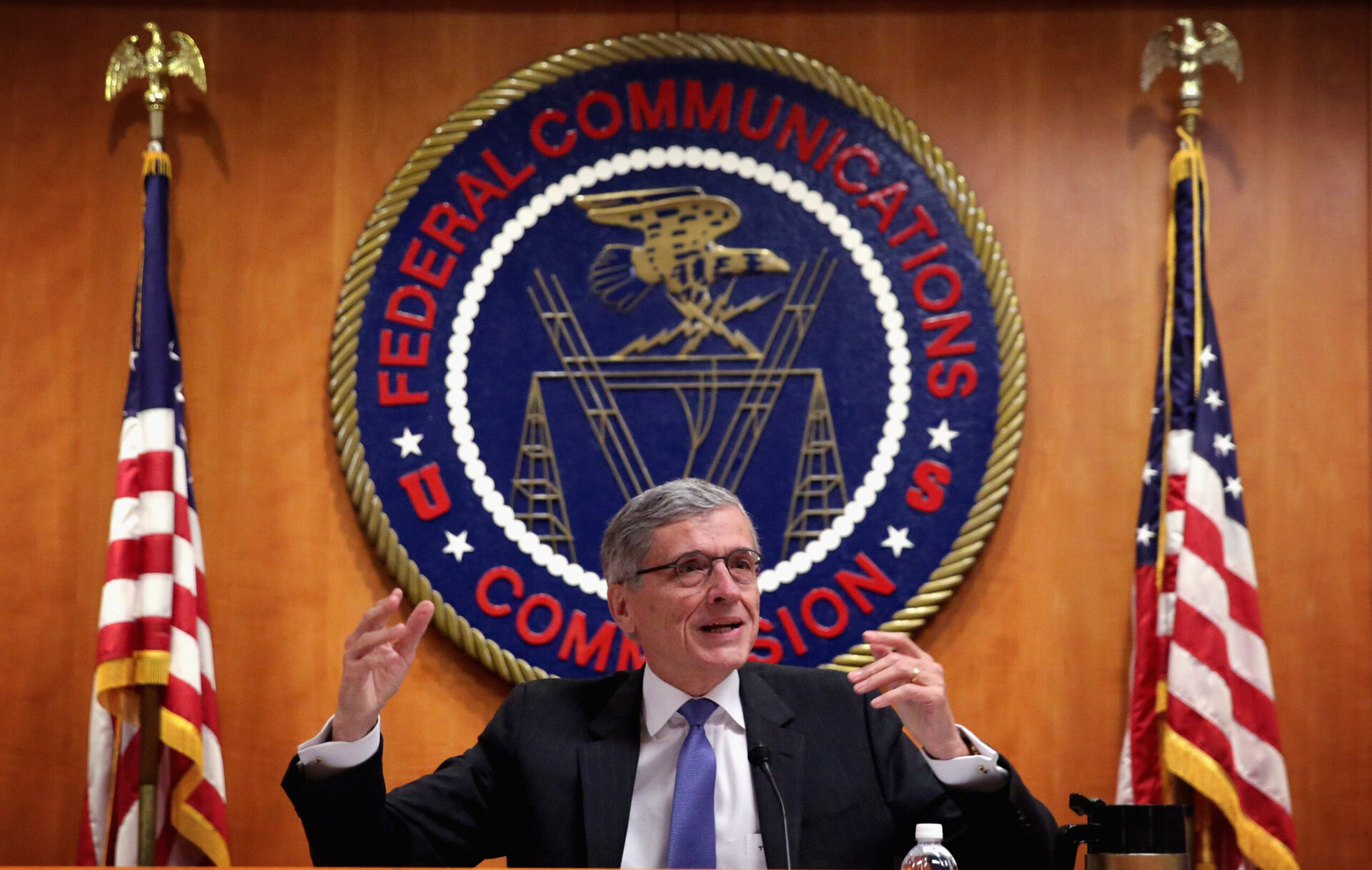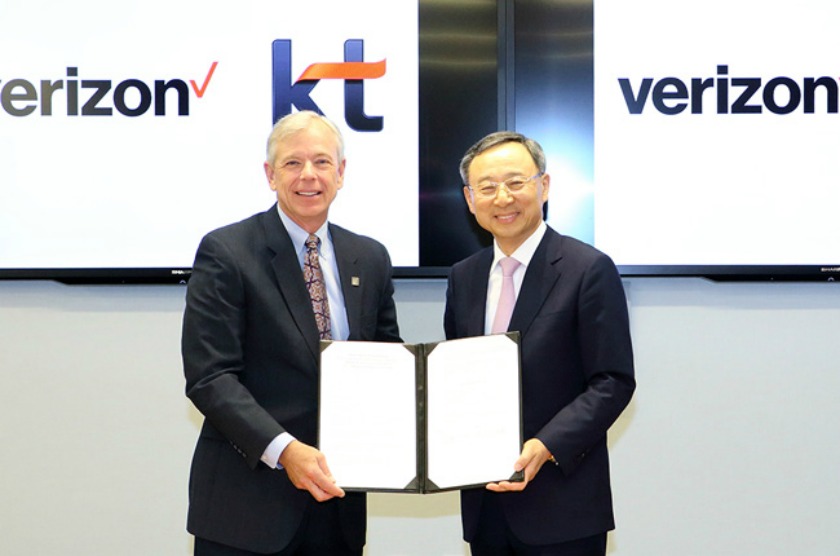Affiliate links on Android Authority may earn us a commission. Learn more.
Telecom companies agree to deliver 5G… if net neutrality laws are weakened
Published onJuly 11, 2016

These companies include the likes of Nokia, Vodafone, BT, and Deutsche Telekom, and additional companies have voiced their support of the manifesto including Airbus Defence & Space, Royal Philips, and Siemens AG. If their conditions are met, these companies promise to make significant demonstrations of 5G service by 2018 with 5G arriving to major cities across the EU by 2020. All they ask is that current net neutrality laws be rewritten.

“The EU must reconcile the need for open Internet with pragmatic rules that foster innovation,” these companies attest in their manifesto. “The telecom industry warns that current net neutrality guidelines, as put forward by BEREC [the Body of European Regulators], create significant uncertainties around 5G return on investment. Investments are therefore likely to be delayed unless regulators take a positive stance on innovation and stick to it.”
The “return on investment” mentioned is contingent on revising net neutrality laws, which currently hold that ISPs should treat all data equally. These revisions would make it possible for certain “innovative specialised services” to be made available for purchase by businesses and consumers.
current net neutrality guidelines create significant uncertainties around 5G return on investment.
This strategy is being praised by Gunther Oettinger, the European Commission’s digital chief. You may remember him as the guy who compared net neutrality supporters to the Taliban. “I very much welcome the 5G manifesto and discussions today with the high-level industry group,” said Oettinger in a statement. “These will help us focus on the key levers to ensure European digital leadership in 5G. The manifesto is a valuable input for the 5G action plan that will be presented in September, together with the proposal for the review of the telecom regulatory framework.”
The commission will also be taking into consideration public feedback submitted through this survey, so if you have a vested interest in this conversation, you may want to make your voice heard. Let us know what you think of this development in the comments below. Are these companies making reasonable requests to monetize the development of essential technology, or is this a slippery slope?
